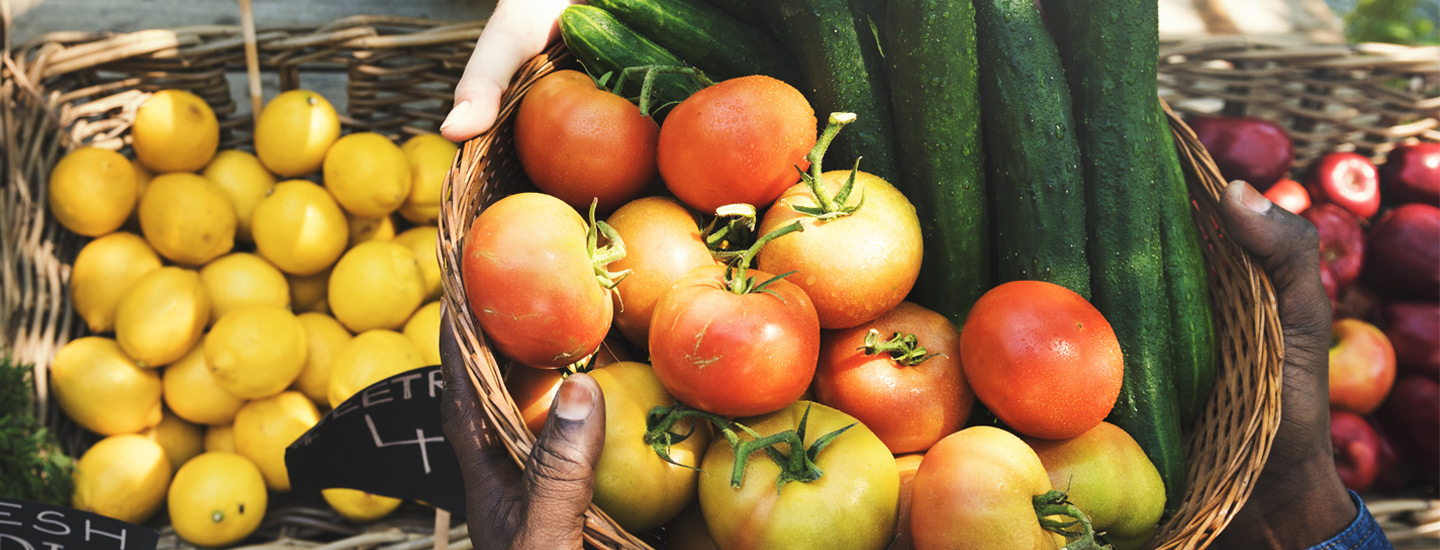When Hurricane Irma made landfall last year impacting 60 of Florida’s 67 counties, Feeding Florida’s network of member food banks and community partners was prepared with pre-staged food and emergency supplies.
As a core member of Florida’s State Emergency Response Team as a part of the Emergency Function 6 – Mass Feeding initiative, Feeding Florida strategically coordinated statewide efforts to ensure Floridians received the necessary supplies and nourishment they needed during the state of emergency.
Because of Irma’s path, Harry Chapin Food Bank represented many of the states hardest hit communities and worked through the storm and in the weeks following Hurricane Irma to provide 3.25 million meals to Floridians in need — 17% of the food the food bank usually provides in an entire year.
Harry Chapin Food Bank also more than doubled its mobile pantries jumping from 19 mobile food pantries per month to 72 mobile pantries throughout its five-county service area for six weeks following the hurricane to ensure families had the food and necessities required following a natural disaster. Harry Chapin Food Bank continues to lead the recovery and rebuilding efforts.
Devastating hurricane’s like Irma and Maria illustrate how crucial our proactive and reactive efforts are to ensure every Floridian in need is surrounded with the resources required during a natural disaster. Feeding Florida, along with Feeding Texas and Feeding America, hosted a Disaster Convening in June to learn from the 2017 hurricane season. The conference gathered food bankers from across the country, government agencies both state and federal, NGOs, and corporate partners to learn from and improve preparation efforts used in the devastating 2017 hurricane season.
The Feeding Florida network is constantly preparing for any disaster to strike by working with our state and community partners like the Salvation Army, Red Cross, and Florida Baptist. Statewide preparation efforts are well underway, with the most recent event at the Second Harvest Food Bank of Central Florida. One hundred Abbott employee volunteers assembled 1,000 disaster relief packs. Stationed in Orlando, these packs are ready for distribution to provide immediate, shelf-stable nutritional needs for individuals affected by natural disaster. The statewide network of food banks is also armed with staged food boxes to feed families for multiple days.
Feeding Florida’s statewide network of Feeding America food banks is equipped with more than 500,000 square feet of storage, over 160 commercial trucks and over 20 warehouses strategically placed across the state.
When disaster strikes, Feeding Florida’s infrastructure ensures essential items and donations reach those impacted. The Feeding Florida team of dedicated volunteers are on the ground assessing and responding to community needs. The network leverages partnerships to address all aspects of food insecurity by working to ensure a healthy and nutritious food supply, improve quality of life, and connect food insecure families with a wealth of resources to meet their needs.
Solving hunger requires teamwork. I urge you to help your neighbors facing food insecurity during Florida’s most devastating season donating to Feeding Florida or your local Feeding Florida food bank by visiting www.FeedingFlorida.org. Let’s feed Florida together.
Robin Safley is the executive director of Feeding Florida, the statewide network of Feeding America food banks working to feed every community every day. To learn more about Feeding Florida and how to donate, visit www.FeedingFlorida.org.

